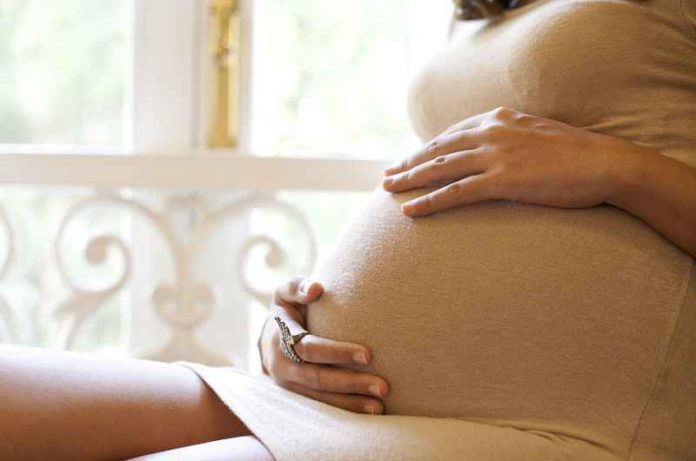Offspring born during the Dutch famine and the Great Chinese famine had a 2-fold increased risk of developing nonaffective psychosis. A new study published in JAMA Psychiatry assessed the association of maternal gestational weight gain and risk of psychosis in offspring in a large population-based cohort study. Interestingly, inadequate weight gain during pregnancy was linked to a higher risk of psychosis in offspring.
Nonaffective psychosis refers to a group of mental disorders including schizophrenia, schizoaffective disorder, and other delusional disorders. In contrast to affective psychosis, nonaffective psychosis does not include significant mood disturbances. Symptoms of nonaffective psychosis include delusions, hallucinations, disorganized speech and thinking, and disturbed attitude. A combination of genetic and environmental factors are thought to be involved in the development of these disorders.
Prenatal exposure to famine is one factor that is believed to increase the risk for nonaffective psychosis. Offspring born to mothers who were pregnant during the Dutch famine of 1944-1945 had a 2-fold increase in prevalence of nonaffective psychosis. Similarly, offspring born during the Great Chinese famine had a 2-fold increased risk of developing schizophrenia. These observations suggest that maternal malnutrition during pregnancy may increase the risk of psychosis for offspring.
The cause of this may be due to deficiencies in nutrients which aid in proper brain formation; micronutrient deficiencies including folate, iron and vitamin D, as well as protein malnutrition, have been associated with abnormalities in offspring neurodevelopment. Ironically, obesity has been associated with these nutritional deficits and offspring born to obese mothers are at a higher risk for neural tube defects. Thus, a range of maternal nutritional states (ie. both malnutrition and obesity) may contribute to the risk for psychoses.
A new study published in JAMA Psychiatry assessed the association of maternal baseline body-mass index (BMI), gestational weight gain (GWG) and offspring risk for psychosis in an extensive population of 800,000 mothers. They hypothesized that extremes in BMI and GWG, which signify suboptimal nutrition, would contribute to an increased risk of psychosis.
From the 526,042 individuals born from these mothers and followed up with, 2910 had nonaffective psychoses at the end of the follow-up, 704 of which had schizophrenia. Extremely inadequate gestational weight gain was associated with an increased risk for nonaffective psychosis in offspring. Mild maternal thinness in early pregnancy was also weakly associated with an increased risk for disease.
Limitations of this study include that the follow-up was conducted when individuals were aged 22 to 29 years. Nonaffective psychoses usually manifest from the mid-20s to late 30s, so many individuals who may develop psychoses could have been missed in this study. However, this group plans to continue to reanalyze this cohort as they age and continue to study the risk of maternal nutrition on psychoses development.
In conclusion, the results from this study support previous research and observational work in showing that inadequate weight gain during pregnancy contributes to the risk for nonaffective psychoses in offspring. This is particularly relevant as this study was conducted in an affluent and well-nourished population. Medical practitioners should, therefore, be watchful of maternal gestational weight gain as inadequate weight gain may have very serious deleterious effects on offspring neurodevelopment.
Written By: Neeti Vashi, BSc



